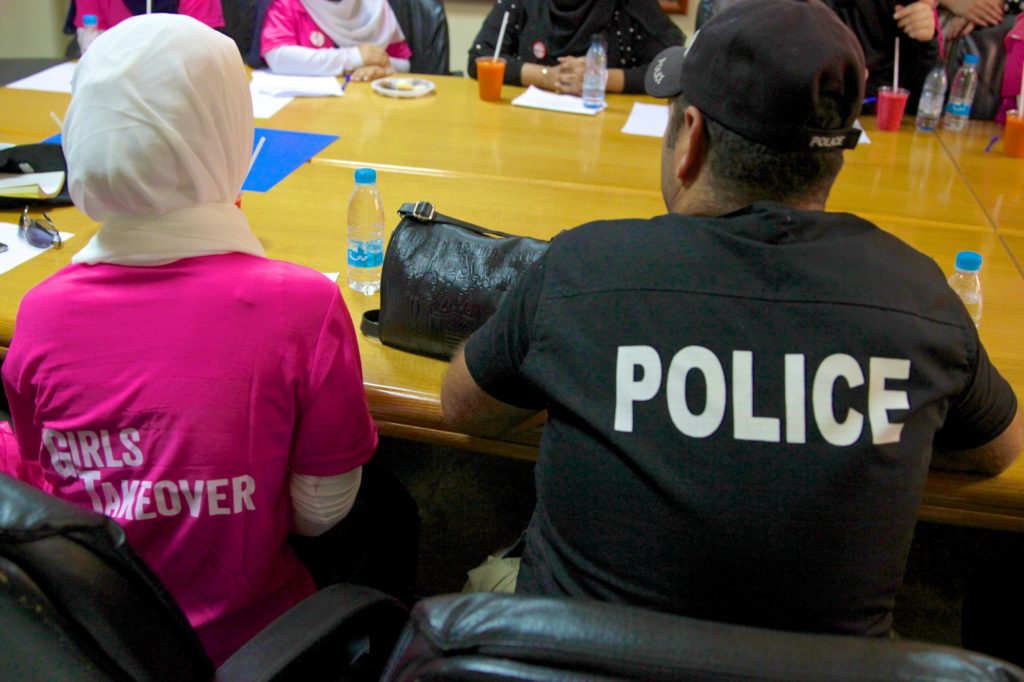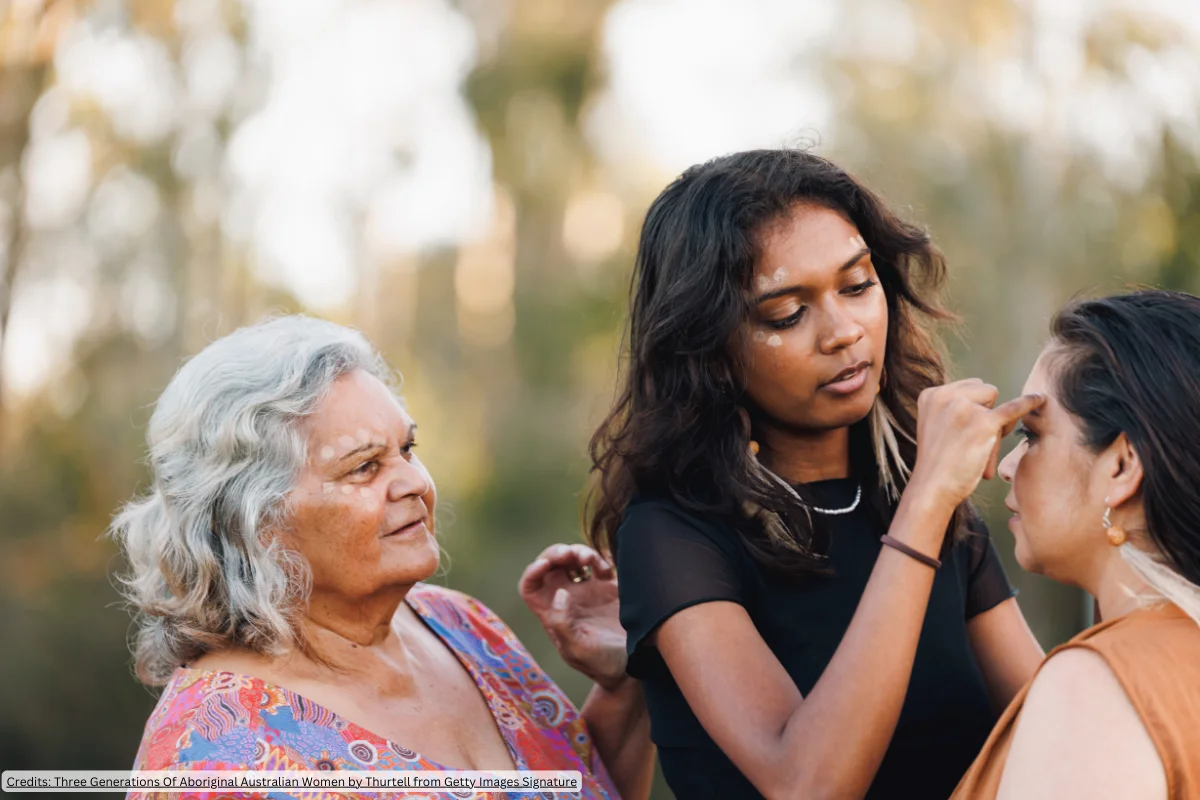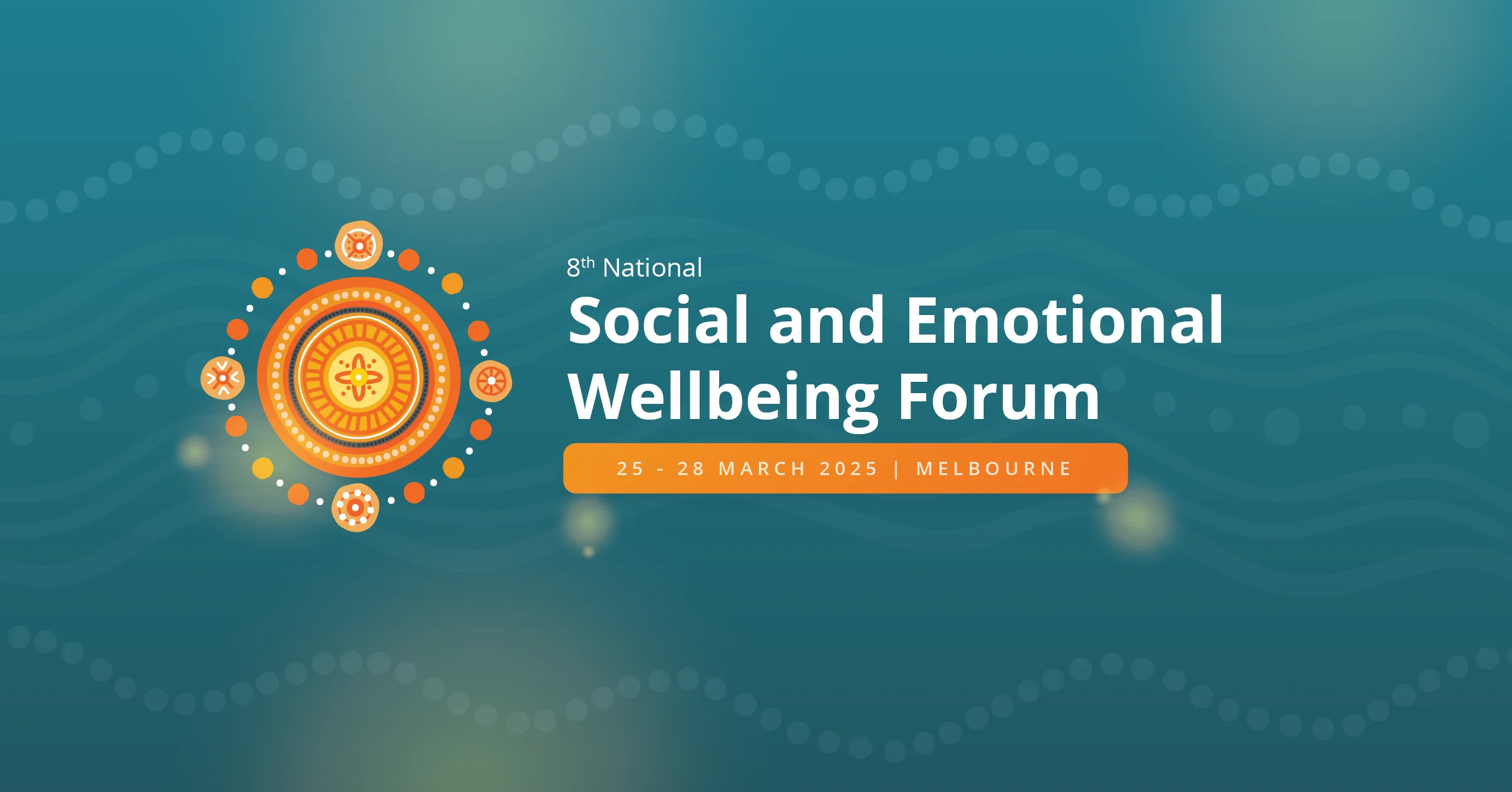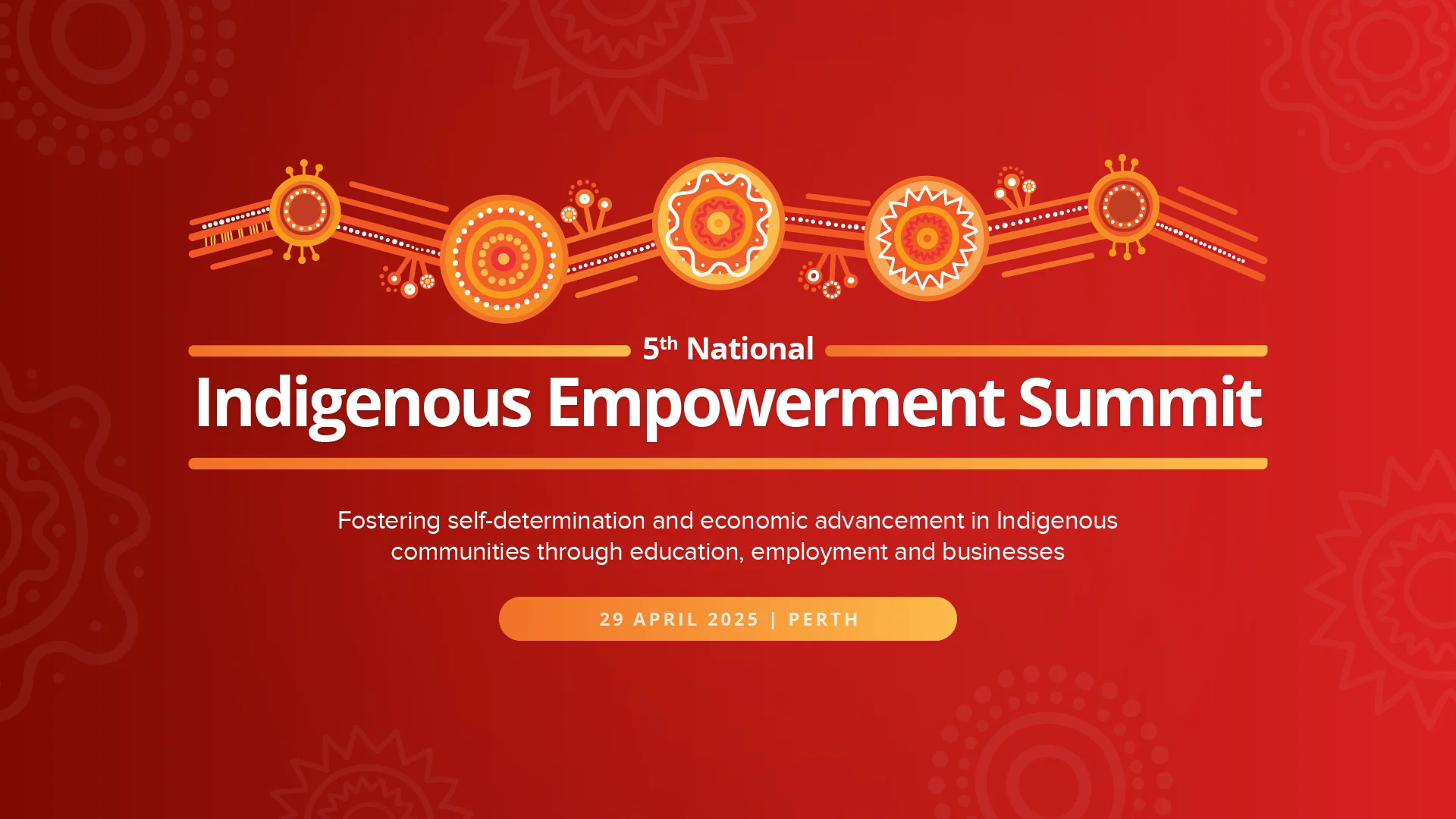In the refugee communities in Beirut, Lebanon, girls’ voices are rarely heard. As it is in so many communities and countries around the world, they’re ignored simply for being born a girl.
Our latest research with Monash University’s Gender Peace and Security research centre seeks to amplify these girls’ voices – revealing their struggles, fears and hopes for the future.
The findings detailed in “Adolescent Girls in Crisis: Voices from Beirut” are stark and urge action.
Adolescent girls who’ve faced the horrors of war are continuing to endure great hardship in refugee communities. We cannot continue to let them slip through the cracks.
Girls living in refugee communities in Beirut told us about how their lives are shaped by pervasive gender inequality.
Many are shut away in their homes, because their families fear for their safety. More than half of the girls we surveyed said that they face physical and sexual violence, harassment and abuse where they live.
They spoke of being harassed or chased by men and boys, and how they feel unsafe simply when they travel around the city by themselves.
This is seeing girls missing out on their right to go to school. Our data revealed a staggering fall in school attendance when girls reach the age of 14 – 80% of 10 to 14 year olds regularly attend school, compared to just 39% of 15 to 19 year olds.
They’re missing out on friendships, and being involved in their communities. More than half of the girls we spoke to said that they feel isolated and lonely.
Alarmingly, our researchers also found that child marriage is increasing in some communities, as a means of protection for girls.
We know that girls living in crisis situations and refugee communities face unique risks due to their gender and age. We know these risks include sexual violence, trafficking, child marriage, and being pulled out of school. Girls are often the first to be removed from education when families face hardship and poverty.
These risks are rooted in entrenched gender inequality, which holds girls and women back around the world, and is compounded in crisis situations.
We cannot let girls in crisis – in Lebanon and around the world – continue to slip through the cracks.
Girls in Beirut told us about their ambitions to become lawyers, doctors and engineers. We need to ensure that they have the opportunity to achieve their dreams.
The Australian government needs to accelerate the development of a standalone action plan to make sure that our aid and foreign policy benefits adolescent girls, as a particularly at-risk group. There is a critical need for humanitarian programmes that protect these girls, address their unique needs and challenges, and support them in being agents of change.
If adolescent girls continue to be ignored, the world will miss out on the valuable contributions they can make. They have the right to be heard, and we need to start listening to them.
Susanne Legena is the CEO of Plan International Australia












